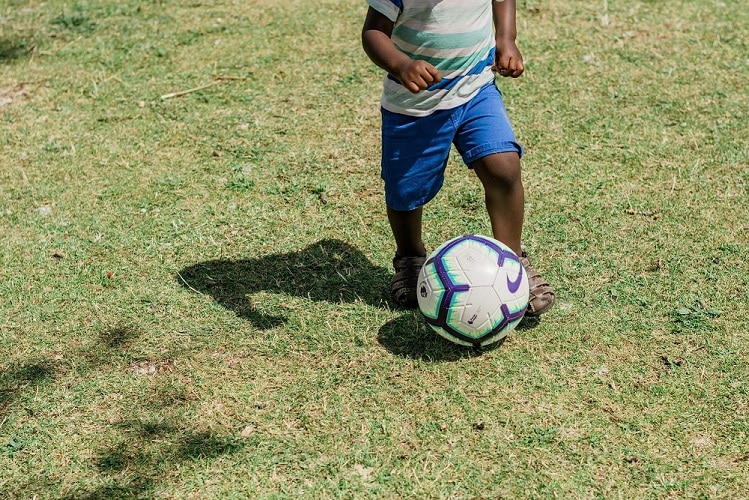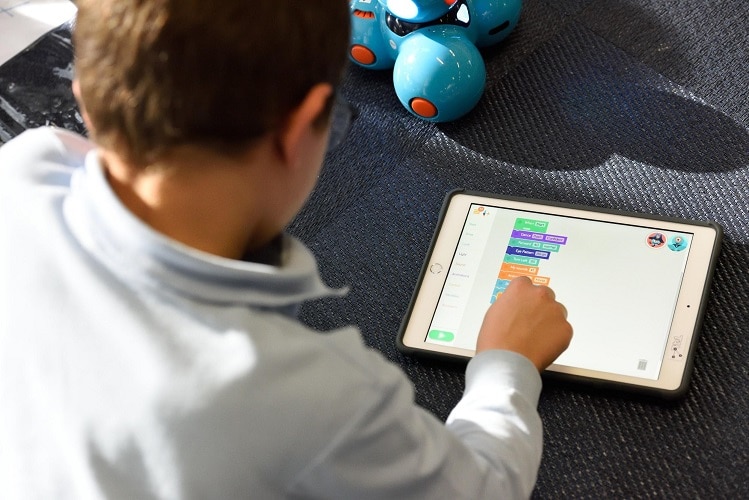When schools closed due to COVID-19 last spring, parents and students had very little time to prepare for the remaining semester of virtual learning. Even though this coming semester is filled with ambiguity for a lot of parents and students, we know a lot more than we did last spring. Namely, virtual learning is going to become more prevalent.
Consider these online schooling resources to help your student thrive in the upcoming term.
10 Tips for Online Schooling Success
1. Organize Everything
Order is going to be your friend during any time of virtual learning, not only for your student’s sake but for your own sanity, as well. Take some time to organize as much as possible before the semester begins. This might mean labeling school supplies, downloading or printing school curriculum and syllabi, having a designated place for extra pencils and papers — anything that can help your student maintain efficiency.
2. Utilize a Schedule
Structure and routine help create a space for productivity and focus. To help instill structure, try posting a monthly, weekly, and even daily schedule up on the fridge.

That way, your children know what they’re expected to do. Many teachers use daily or weekly agendas in the classroom, especially for younger children, so it may help keep your student organized and prepared for their lessons.
3. Treat Each Child Individually
All students learn at different rates and require varying levels of support. A kindergartener experiencing online learning for the first time will likely need more hands-on help, whereas a high school student may benefit from more independence and freedom. However, the level of support a child needs is dependent on each individual, not just their age. It’s going to take some time to determine the best approach to help each student thrive in a virtual learning environment.
4. Don’t Be Afraid to Get Creative
Virtual learning obviously entails a lot of computer time, but to truly help your student make the most of their online school term, figure out some ways to help them get away from the computer.

Think back to what some of your favorite subjects were in school and consider sharing them with your kids. Take them on family field trips (socially distanced, of course), teach them about local history, and even consider art days or camping trips. The options are endless.
5. Talk with Teachers
While virtual learning is new territory for you as a parent (as well as for your students), keep in mind that your student’s teachers have likely not experienced operating in this environment either. Communication between you and your children’s teachers is going to be the key to your student’s virtual learning success. Be involved, communicate with your child’s teachers, and stay present so that you all as a team can help your child thrive.
6. Test Your Internet
You may have thought your kids used up a lot of your mobile data or Internet before, but get ready for your world to change. Virtual learning means your kids are about to be on the internet all day, every weekday. Consider testing your internet intermittently to ensure your connection is secure for important tasks, like presentations, midterms and finals.
7. Dedicate Areas for Schooling
While not every family has a spare room or an extra dining space to serve as the new schoolroom, there are some areas of the home you can reorganize for your children to use as their new school spaces. Consider adding a desk in their bedroom, reworking the kitchen table to be a space for school during the day, or even renovating the garage as a classroom.
8. Get Outside
Sunshine and fresh air are critical for your child’s physical, mental, and emotional health. Make sure they take study breaks and get time away from the computer to enjoy the outdoors.

If possible, you could even consider adding a study space to the deck, patio, or front porch!
9. Find Ways to Make Friends
It’s important to stay safe, be smart, and keep your family healthy during these times, but it’s also important that your children continue building relationships with friends. Figure out ways for your kids to have social interactions, even if that means virtual birthday parties, virtual games nights, or other types of Facetime calls with their friends.
10. Relax
This upcoming semester looks different for everyone, and despite appearances, no one knows the best way to handle it. Take some time to relax, and let your kids relax, too. There’s an inevitable learning curve ahead of us, as we’re all new to this virtual learning format. Don’t be afraid to change up your approach or ask for help when you need guidance. Understand that we’re all just doing the best we can.
What other back-to-school virtual learning tips have you found helpful? Share your online schooling resources and tips with us and fellow MilSpouses on our Facebook page!



